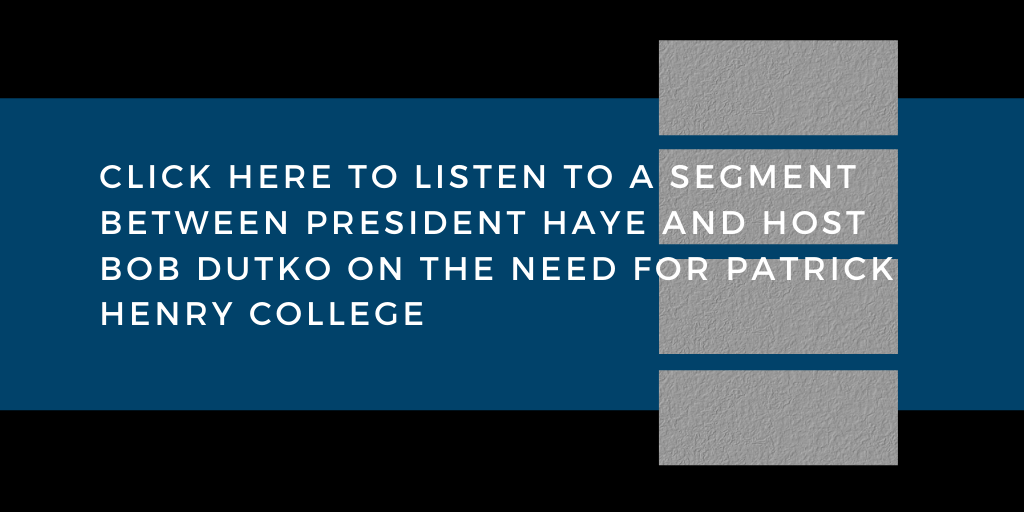
The alarm goes off. As your brain focuses, you remember your 8am class and rush to get there on time. While throwing on a T-shirt and a pair of shorts seems like an easy and harmless option, this practice does not transfer well into the workforce. At Patrick Henry College, professionalism is a priority—this is one of the reasons why the business casual dress code is so important.
The business casual dress code prepares students for the real world by necessitating an orderly schedule. Time management is essential to a suitable appearance and preparedness. “Part of professionalism is how one speaks and presents oneself,” Vice President Howard Schmidt said.
PHC strives for excellence, the pursuit of which begins with the right mindset; it is only nurtured by a structure of professionalism. The pursuit of excellence and professional attire have both been core values at PHC from the beginning. “Business casual [attire] was chosen at the college’s founding as one of the ways to establish and maintain a professional environment during business hours on campus,” President Jack Haye said.

Though most colleges do not concern themselves with professional dress codes, PHC stands apart because it desires to develop the individual as a whole. PHC strives to mold students both academically and practically. “Dressing in business casual during school hours prepares one to dress professionally after graduation,” Schmidt said. “[One] learns different dressing styles, how to create, mix, and manage a wardrobe, and present oneself in a professional manner.”
A business casual dress code was chosen—and experience has proven—that professional attire creates a significant difference in the workspace environment. “I believe society still expects and requires professional dress even though there are some who no longer practice this approach,” Schmidt said.

“Colossians 3:23-24 says, ‘Whatever you do, work heartily, as for the Lord and not for men, knowing that from the Lord you will receive the inheritance as your reward. You are serving the Lord Christ,’” Haye quoted. PHC aims to be set apart from other institutions. It is through its professional presentation that PHC challenges the status quo. “If PHC becomes like every other college in America, then there will no longer be a need for PHC,” Schmidt said.
PHC offers alternative examples of its commitment to God through excellence, such as corporate chapel and the academic core. First impressions, however, are the most memorable. Presentation, communication, and actions all serve as indicators of character, and PHC seeks to represent itself as an institution of merit guided by the call to serve the Lord. “We are called to pursue excellence in all things for the Glory of God,” Haye said.




